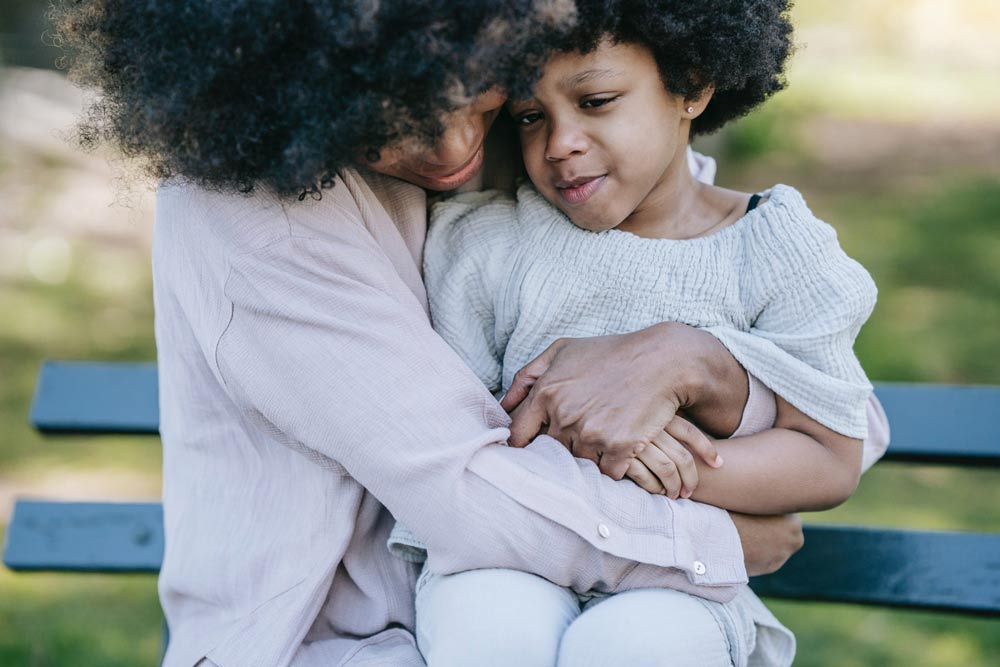Mitigating The Emotional Impact of Covid-19 on Children
The impact of Covid-19 now stretches into a second year. Along with the health risks posed to young people, the Pandemic’s impact on their emotional well-being and mental health fitness has been measurable.
How are youngsters, adolescents, tweens and teens most likely to be affected? There are behavioral clues and cues for parents to be aware of and some tips on helping families assist their children in navigating these uncharted waters.
A February 2022 broadcast by CNN cites two current studies that encapsulate just some of the impact the Pandemic has had. A report in the Journal of American Medical Association Pediatrics identifies increased levels of anxiety and depression in young people. A Centers for Disease Control study, among numerous others, indicates rising levels of suicide attempts in young people ages 12-25 as another damaging implication.

Dr. Chad Breznay, Psy.D, Director of Behavioral Health at Brevard Health Alliance, encourages parents to remain alert to some of the common tell-tale signs that a child is struggling with psychological issues related to the pandemic.
“It is beneficial for parents to continue to check in with children and provide a supportive environment at this time,” he advises.
“Some of the unstated effects of Covid-19 resulted in social anxiety, isolation, depression and panic symptoms attributable to adjustments such as self-quarantines, school outages or structural changes in the environment.”
Some of the signs parents and other adults can watch for are broken down by age groups and identified by healthychild.org. They include:
Infants/Toddlers/Young Children
*Fussiness, irritability, crying, difficulty on consoling child.
*Trouble falling asleep waking up more during the night.
*Feeding issues such as nausea, vomiting, constipation, loose bowels, stomach pain.
Older Children/Adolescents
*Changes in mood, feelings of hopelessness, rage or frequent conflicts with friends and family members.
*A loss of interest in activities previously enjoyed.
*Changes in appetite, weight or eating patterns.
*Less interest in schoolwork and a decline in academic performance.
*An increase in risky or reckless behavior such as drug or alcohol use.
*Thoughts about death or suicide or talking about it.
Breznay agrees with the numerous studies that illustrate that while Covid-19 has been a behavioral health challenge to large swaths of the adult population, it has been especially tough on younger demographics.
“Though individuals of all ages have been affected, the inhibited social networks of teens and adolescents comes to the forefront of our attention,” he explained.
Breznay added that detecting and dealing with the potential impact of Covid-19 on young people across the board is even more critical with youths already dealing with behavioral health issues.
“This focus is important to youths who were predisposed to isolation, bullying, anxiety or suicidality before.”
The BHA Behavioral Health specialist encourages parents to be observant and take appropriate measures if their children appear to be struggling.
“If your child reveals thoughts or feelings that warrant additional clinic focus, it is important to normalize this, foster open communication, and seek assistance from a Behavioral Health professional when necessary.”
Suicide attempts rose among adolescent girls during pandemic, ER data suggest – CNN
https://www.cdc.gov/mmwr/volumes/70/wr/mm7024e1.htm















































































































































